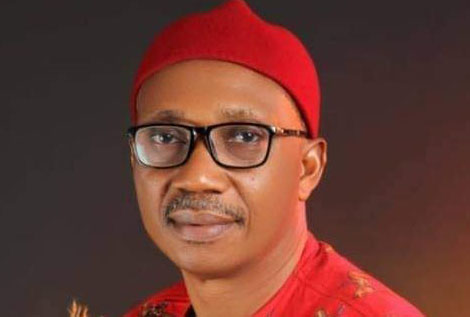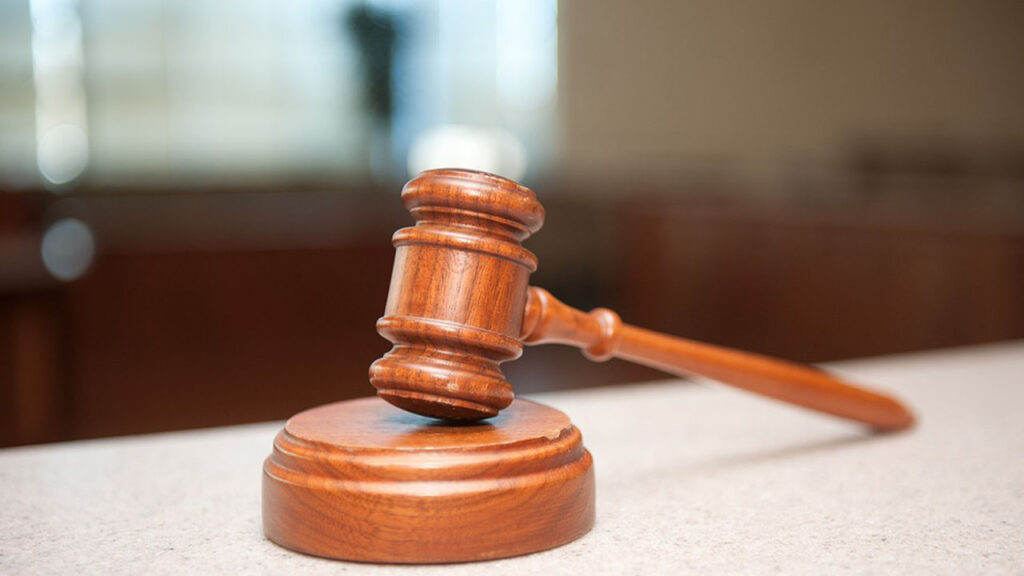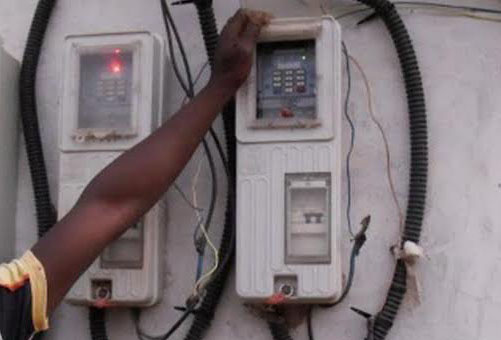
The state’s Commissioner for Information and Strategy, Mr. Gbenga Omotoso, spoke at Arise News Morning Show about the plan by Lekki Concession Company (LCC) to reopen the tolling facility and run it free of charge for two weeks from April 1, 2022. Collection of toll will begin two weeks after.
Omotoso, who stressed the need for Lagosians to be compassionate about the plight of the 500-strong LCC members of staff who had been out of work for 18 months, said the company had huge debts to pay, saying that the LCC is owing local lenders N61.1 million and foreign lenders $31.1 million.
On the case of the slain 22-year-old Bamise that was kidnapped after boarding a BRT bus and eventually found dead, the commissioner said the state government “is very sad” over the incident.
He said Governor Babajide Sanwo-Olu had personally commiserated with the family.
“Besides, a delegation of top government officials visited the family to console them,” Omotoso said.
Omotoso also spoke about the face-off between the National Secretariat and the state chapter of the National Union of Road Transport Workers (NURTW), saying that the administration is on top of the situation and the suspension of the union’s activities remains in force.
He said the government’s ticket recently introduced as part of the transport regulation and reform was to consolidate all collections by the local councils and prevent harassment of transporters by every local authority in the course of doing their legitimate businesses.
On the Magodo Estate row, Omotoso re-affirmed that the state was transparent in its implementation of the Supreme Court judgment. He said that the resolution was delayed because of the discord among the Shangisha Landlords Association, the beneficiaries of the court decision. The state, he said, had returned to the Supreme Court for clarity of the judgment.
On why the state did not compensate the Cane Village residents for the demolition of their property, he said any demolition done for public infrastructure would always be paid for.













